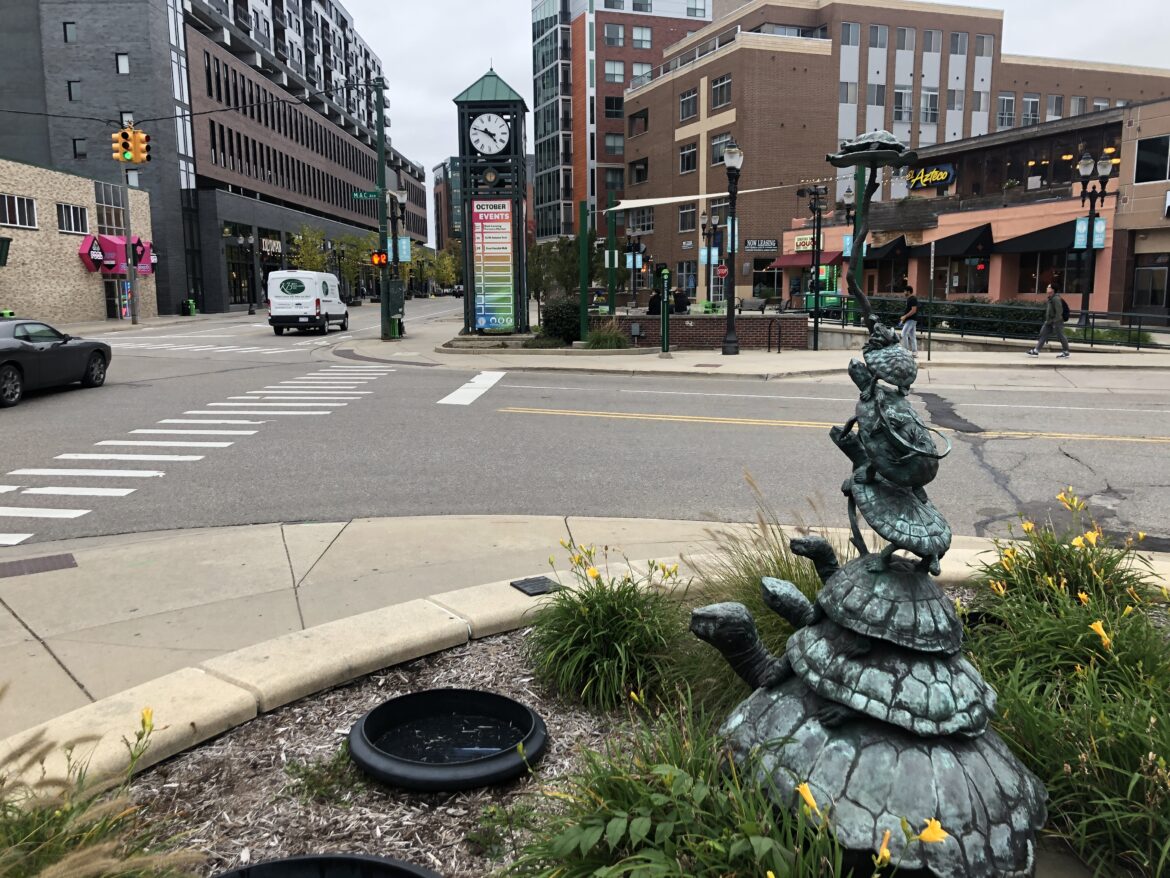EAST LANSING, Mich.— On September 28, the Brownfield Redevelopment Authority (BRA) held a committee meeting discussing the future of brownfield sites in the city. The committee discussed the upcoming involvement of Kansas State University’s program Technical Assistance to Brownfields (TAB), which helps locate and plan development projects around brownfield sites.
Brownfield sites are properties that may have building complications due to the presence or perception of contamination. Over time, these properties decay and become unsuitable for general use. The long-term goal for the Redevelopment Authority is to be able to sell this property to developers, but it will take at least a year to get these properties ready for sale.
The city of East Lansing is in the process of completing an inventory of brownfield sites, but the city does not currently have a brownfield site expert on staff. Sarah Venner, the brownfield coordinator for the district said, “KSU TAB is planning to assist with determining where brownfield sites are located within the city. It is estimated that there are approximately 24,000 brownfield sites in Michigan.”
The last full inventory of brownfield sites for East Lansing was done in 2007 by the Department of Environment, Great Lakes and Energy (EGLE).
“I suggested that the city engages with the KSU TAB program to inquire whether they could support the city’s request for an inventory of brownfield properties because that is not a service that EGLE’s Brownfield program can provide,” Venner said.
Heather Pope, the community and economic development administrator for East Lansing stated, “We do not have a timeline of how long it will take to compile the inventory. Once the inventory has been completed, the BRA would then market the sites to developers. The goal would be to have the brownfield sites remediated and redeveloped so it would be beneficial for the committee to work with a group that has more experience.”
KSU TAB has been helping assess brownfield sites for more than 20 years and has assisted with similar projects across 21 states. The city of East Lansing is hopeful that the experience KSU TAB brings to the project will help the city collect an inventory of these brownfield sites.
“Once they develop it, we can help maintain these sites. It just depends on where the city’s motivation is,” said Beth Grigsby, regional manager for KSU TAB.
As the relationship between the city of East Lansing and KSU TAB strengthens, the involvement of KSU TAB may grow in the future. The BRA has planned a variety of welcome events for the KSU TAB staff throughout the rest of the year. The next upcoming meeting for KSU TAB and EGLE consultants will be on Oct. 17, which will include a tour of East Lansing. The BRA will begin to integrate data from KSU TAB and EGLE consulting into redevelopment plans beginning in 2024.
